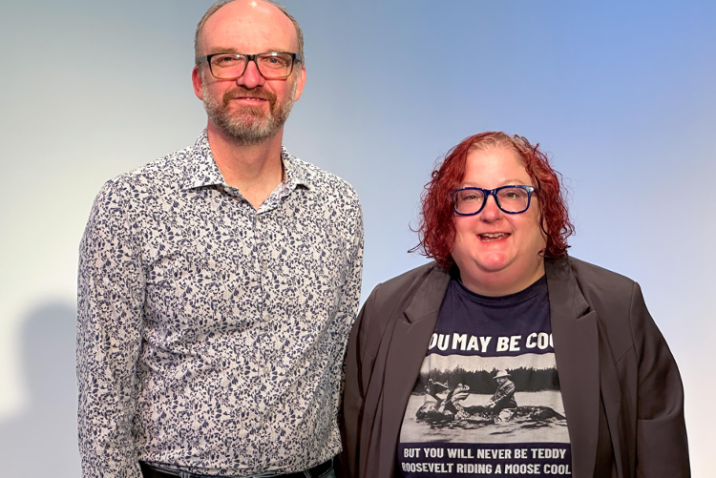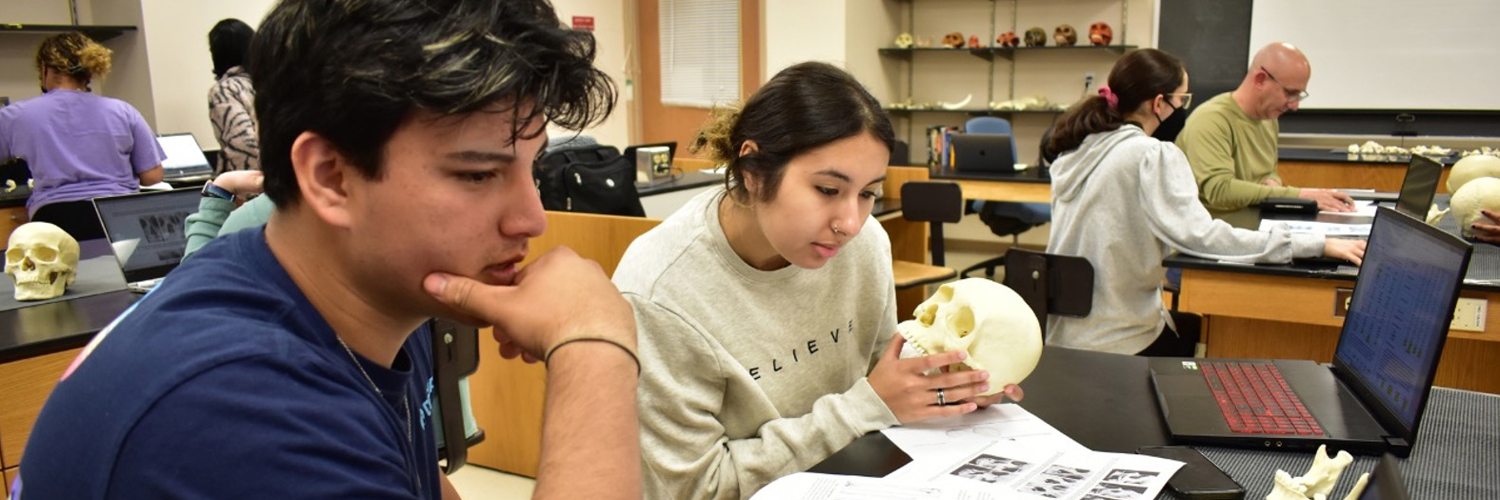
History, Anthropology, & Philosophy
The Department of History, Anthropology, and Philosophy (HAP) unites three disciplines to explore what it means to be human from scientific, philosophical, and historical perspectives.
These studies both enrich our lives and prepare us for careers in the fields of health sciences, law, government and public service, intelligence and security, teaching, research, human relations, museum studies, library and archival science, the helping professions, and much more.
Reasons To Join Us
- Solve a mystery with forensic anthropology in our Biological Anthropology Lab
- Explore medicine and health sciences from a humanistic perspective through Bioethics, Medical Anthropology, and Health Humanities
- Bring history to life in Public History and Museum Studies classes—and practice your skills in our on-campus museum, the Guard House
- Role-play important historical turning points in-character through our “Reacting to the Past” historical pedagogy
- Debate in the Ethics Bowl, a rapid-fire Philosophy competition open to students of all majors
- Immerse yourself in different cultural perspectives through Study Abroad, cultural Anthropology classes, and the Anthropology Student Union
We’d love to have you join us! Please contact us to talk about how our programs can help you find your future.
Contact Us
History, Anthropology, & Philosophy
Summerville Campus
Suite E222
1120 15th St, AH-E222 Augusta, GA 30904
Our Programs
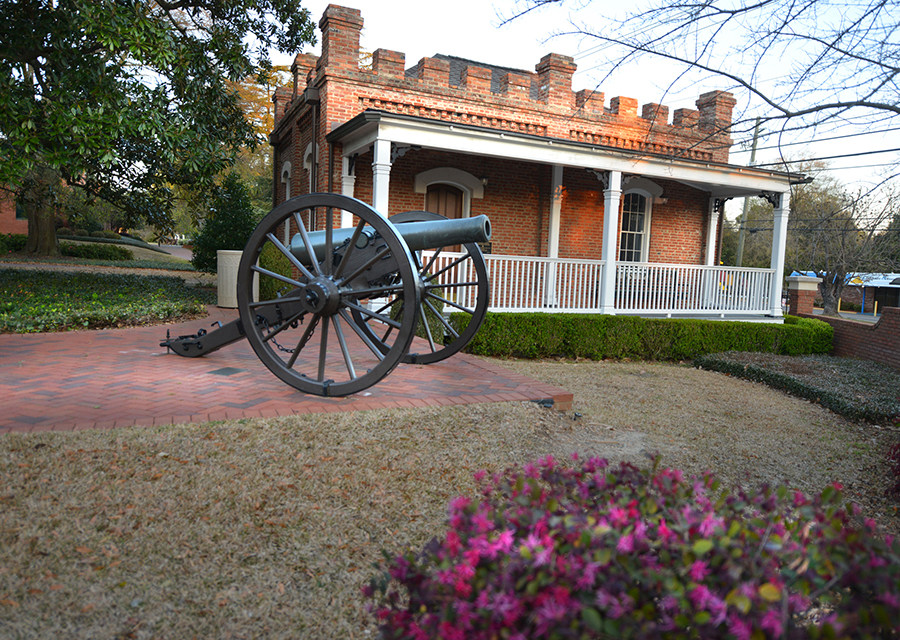
History Degrees
History gives context about how humanity got to where it is today through the exploration of documentary sources from the past; it also provides graduates with up-to-date skills in research, argumentation, and information literacy.
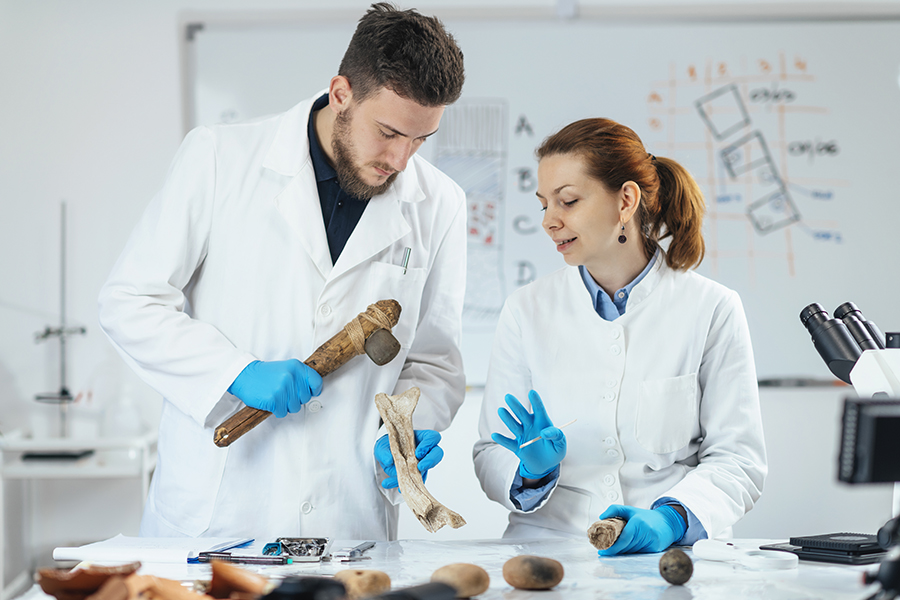
Anthropology Degrees
Anthropology examines the human past through archaeology, dives into the diversity of human societies through cultural anthropology and reveals how the human experience affects the body through the forensic study of human remains, both ancient and modern.

Philosophy Minor
Philosophy teaches the art of thinking clearly and living better and helps us address the world’s most important ethical questions, whether they relate to the practice of medicine, care for the environment, or our personal conduct.
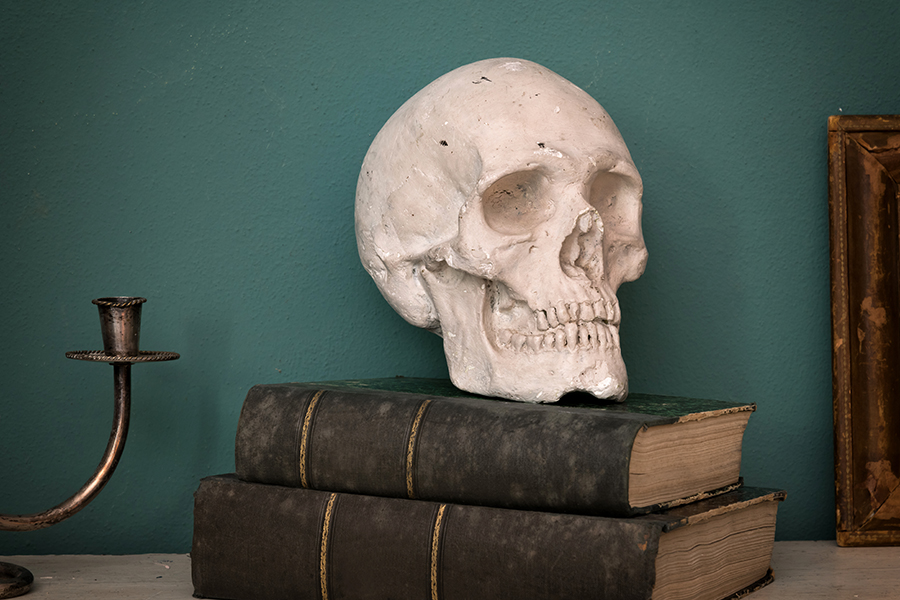
Certificate in Health Humanities
How does the human experience affect the ways we think about medicine, our perceptions of disease, and our choices about healthcare? This certificate is open to students of any major who want to study healthcare through the lens of history, literature, ethics, critical thinking and the arts. It will be of value in particular to students interested in health policy, bioethics, medical administration, art therapy, pastoral care, or any field where the study of human culture can bring insight into healthcare research and delivery.

Undergraduate Certificate in Museum Studies
This certificate is open to students of any major who would like to gain the skills and professional insights that would allow them to work in a modern museum. In classwork and in applied experiences, students will gain an understanding of the collection and care of objects; the creation, interpretation, and evaluation of exhibits; and the future of museums in a digital age.
What Sets Us Apart
Windows to the past, enlightening the future! History, Anthropology, and Philosophy are foundational academic disciplines, which provide training in analyzing and interpreting the human past, the complexity of human social patterns, and the enduring questions about who we are.
Dynamic Learning
Our faculty use innovative techniques to prepare you for the careers of today and tomorrow. Learn about World War II, Medieval Europe, Historical Archaeology, African American History, and much more.
Diverse Community of Scholars
Find a home in our friendly, inclusive community, and engage in classes that fit your unique interests. We welcome students with varied backgrounds and in different stages of life.
Dedicated Faculty
Take courses taught by professors, not graduate students. Our faculty hail from top-notch graduate programs, and all of them maintain an active research agenda.
Transferable Skills
Our classes reinforce the skill sets that will be hallmarks of the new 21st century economy: data collection and analysis, writing and communication, and collaboration and teamwork.
Undergraduate Research
As a student, you will learn how to do original research. Our upper-level courses take you deep into a topic of your choice, ranging from local history to archaeology to medieval social history.
News & Events
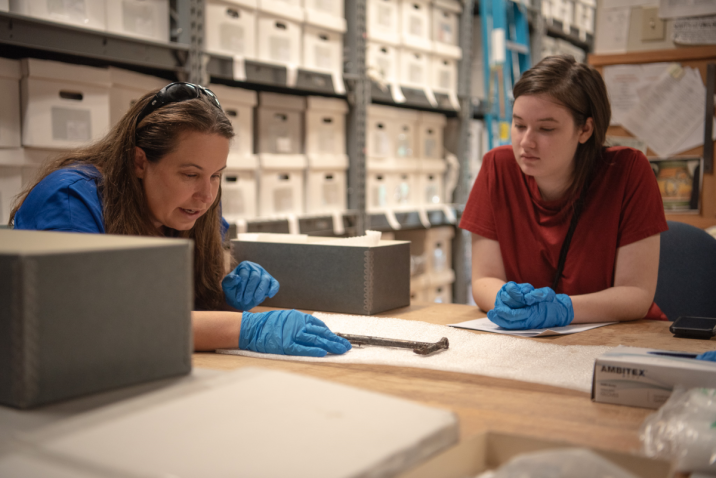
Internships are key to success for students who seek a career in museums
Internships are key to success for students who seek a career in museums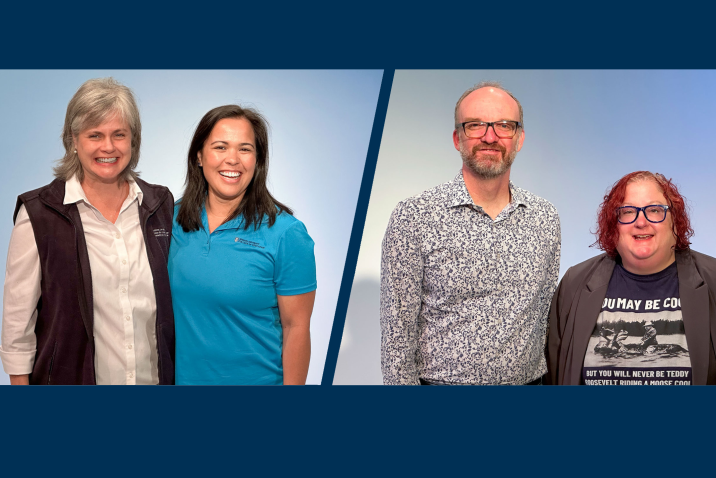
Watch: Elevate your teaching with high-impact practices and ‘Reacting to the Past’
Watch: Elevate your teaching with high-impact practices and ‘Reacting to the Past’